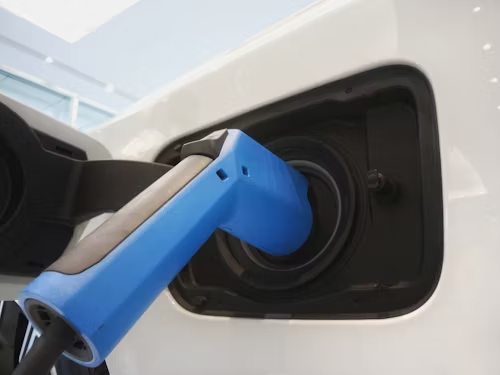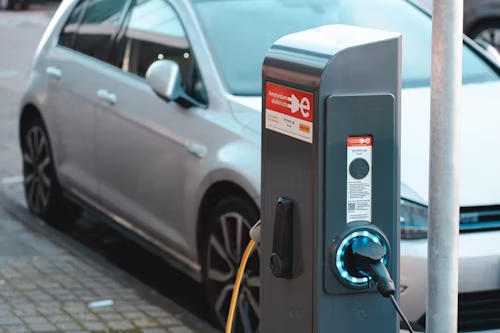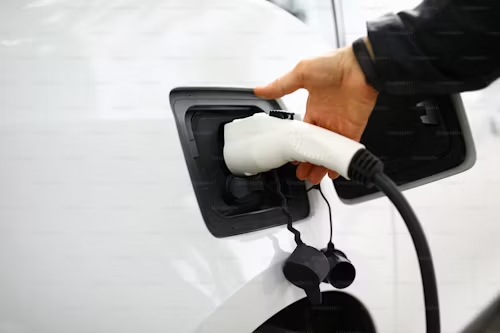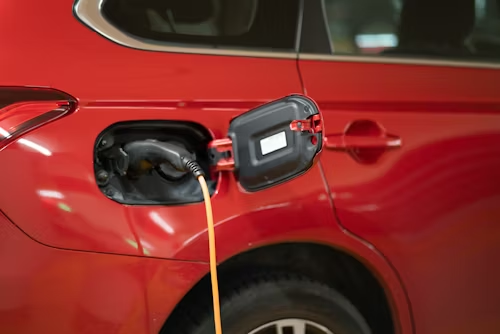Transforming Transportation: Exploring Smart Vehicle Conversions and Sustainable Car Solutions

As environmental concerns mount and technology evolves, the automotive industry is undergoing a significant transformation. Smart vehicle conversions and sustainable car solutions are not just trends; they are essential shifts as we move towards a more eco-friendly and technologically advanced future. In this blog post, we'll dive deep into the world of smart car innovation, highlighting the role of smart car specialists and the impact of sustainable vehicle upgrades.
Understanding Smart Vehicle Conversions
Smart vehicle conversions involve modifying existing vehicles to enhance their functionality, efficiency, and integration with modern technology. These modifications can range from installing advanced electric powertrains to incorporating intelligent software that improves vehicle safety and connectivity.
Why are these conversions gaining popularity? Here are a few reasons:
- Environmental Benefits: Converting a traditional car into a smart electric vehicle reduces greenhouse gas emissions, contributing to a healthier planet.
- Cost Efficiency: Over time, electric and smart vehicles tend to have lower operational and maintenance costs compared to traditional vehicles.
- Enhanced Performance: Smart technologies enable better control and performance of vehicles, improving safety and the overall driving experience.
These benefits showcase why both individuals and companies are increasingly interested in smart vehicle conversions.
Spotlight on Smart Car Innovation
Smart car innovation encompasses a broad spectrum of advancements, including autonomous driving technologies, IoT (Internet of Things) integration, and AI (Artificial Intelligence) capabilities that make driving more intuitive. These innovations are reshaping what we expect from our vehicles, pushing the boundaries of what they can do.
Key areas of smart car innovation include:
- Autonomous Driving: Technologies that allow cars to operate with little or no human intervention. This field is rapidly evolving, driven by advances in machine learning and sensor technology.
- Connectivity: Vehicles today are becoming part of the IoT, providing seamless communication between the vehicle, other cars, and infrastructure, enhancing the user experience and safety.
- User Experience: From customizable ambient lighting to advanced infotainment systems, the focus on the driver and passenger experience is more intense than ever.
These innovations are not just enhancing vehicle usability but are paving the way for entirely new business models and services in the transportation industry.
The Role of Smart Car Specialists
Smart car specialists are at the forefront of this automotive revolution. These professionals combine expertise in various fields such as engineering, software development, and eco-friendly technologies to transform standard vehicles into innovative, intelligent machines.
What do smart car specialists do? Their tasks often include:
- Designing and implementing software solutions for vehicle diagnostics and performance enhancement.
- Integrating renewable energy technologies, such as solar panels or regenerative braking systems, to boost the sustainability of the vehicle.
- Customizing vehicles to meet specific user needs, whether for individuals with disabilities, businesses requiring unique functionalities, or car enthusiasts looking for enhanced performance.
These specialists not only contribute to technological and environmental advancements but also help tailor solutions that meet the specific needs of users, enhancing the overall utility and sustainability of vehicles.
Sustainable Vehicle Upgrades
Sustainable vehicle upgrades are essential for reducing the carbon footprint of our transportation methods. These upgrades can be applied to nearly all aspects of the vehicle, from the power source to the materials used in the interior.
Examples of sustainable vehicle upgrades include:
- Transition to Electric Powertrains: Replacing combustion engines with electric motors that use renewable energy sources.
- Use of Recycled Materials: Utilizing recycled or sustainable materials for vehicle interiors and exteriors to reduce waste and environmental impact.
- Energy-Efficient Systems: Installing more efficient lighting, air conditioning, and other systems to decrease the energy consumption of the vehicle.
By focusing on these upgrades, consumers and manufacturers alike can significantly contribute to a more sustainable future, reducing the ecological impact of our travel needs.
Sustainable Car Solutions: A Wider Perspective
Beyond individual upgrades and conversions, the concept of sustainable car solutions encompasses a broader strategy that includes designing vehicles that are fully integrated with sustainable technologies from the outset. This strategy involves not only the vehicles themselves but also the infrastructure that supports them, such as charging stations powered by renewable energy.
Comprehensive sustainable car solutions involve:
- Developing new models of vehicles that are designed for optimal energy efficiency and minimal environmental impact.
- Creating urban planning policies that prioritize eco-friendly transportation options, reducing the need for individual car ownership.
- Implementing government incentives for consumers and manufacturers to invest in sustainable vehicles and technologies.
These holistic solutions require the cooperation of multiple stakeholders, including governments, corporations, and consumers, to create a sustainable transportation ecosystem that benefits everyone.
In conclusion, as we advance further into the 21st century, the importance of smart vehicle conversions and sustainable car solutions becomes increasingly apparent. By embracing smart car innovation and relying on the expertise of smart car specialists, we can transform our transportation systems to be more efficient, environmentally friendly, and technologically advanced. The road ahead is promising, and with continued innovation and commitment, we can look forward to a greener, smarter automotive future.




